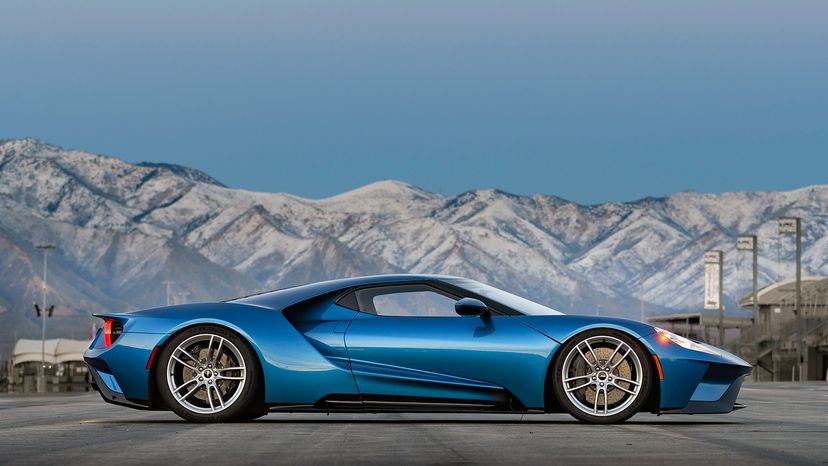
So you shelled out six or even seven figures for that supercar you were dreaming about, and were even willing to undergo the hyper-competitive process to place a deposit and actually take delivery. And now, you've decided the car — gasp — isn't everything you thought it would be. Well, if you think you can flip it for a profit and cash out, think again.
There's a short but notable list of automakers that are including clauses in the sale contracts of their super-limited, super-expensive cars that prohibit buyers from reselling them for a certain time period.
Advertisement
Yes. You read that right. Some automakers are insisting car buyers not resell their cars. The Mercedes-AMG Project One, for instance, is the German carmaker's first street-legal Formula One car with a price tag of $3 million. Just 275 are slated for production and all of those have been sold. Part of the deal, though, is customers won't be able to sell theirs as soon as they get them. Though it isn't yet clear how long Project One buyers will be restricted from reselling their cars after they take delivery in early 2019.
Mercedes AMG is the latest to join the list, but it's certainly not the only one. In 2017, Aston Martin started offering up slots for the limited Valkyrie, which had a scheduled production run of 175 cars, a projected delivery date of 2019 and a price of $3.2 million. Though there have been no reports of no-resale clauses in the Valkyrie contract, Aston Martin CEO Andy Palmer took to Twitter to clarify that people who flipped their allocation (the waiting spot for a car yet to be built) would be banned from future limited-edition Aston Martin purchases.
Ford also is on board with this idea. The Ford GT, which costs $500,000, was introduced as a 2017 model and Ford handpicked a few hundred people to own the car out of the thousands that applied to purchase it. Buyers are prohibited from selling the car for two years after taking delivery, though some have tried.
So is this practice even legal? It's not quite clear, especially based on how Ford has responded to a couple of GT resales. Ford sued wrestler John Cena, who resold his GT in November 2017, and the case was settled out of court in June 2018. Another GT owner, Michael Flynn (not that Michael Flynn), sold his car through Mecum Auctions. Flynn reportedly bought the GT from its first owner, but Ford was concerned about the optics of the car being sold at the renowned car collector auction house. Ford filed a temporary restraining order to halt the sale, but a judge ruled in Mecum's favor and allowed it.
So on one hand, such a contract could be enforceable. On the other hand, buyers of these super-luxury cars might get away with reselling them before the restricted time limits are up. But if you have one of these super rare cars in your possession, is driving it for a couple of years really such a hardship?
Advertisement


